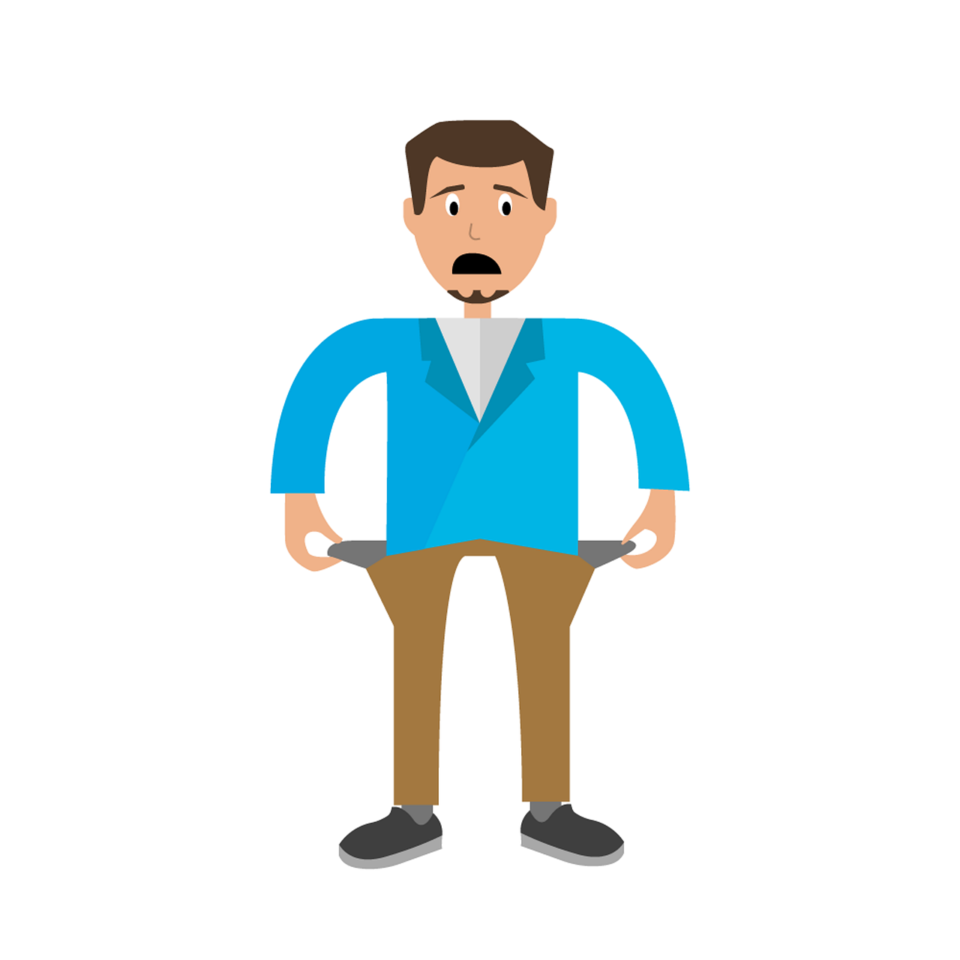Debt is the last thing many people wish to talk about. Although most of us strive to avoid debt, many are times when we find ourselves tangled in its webs. While you might be responsible enough to account for every coin you earn and not overspend, several factors, including redundancy, student loans, an unexpected divorce, or even a mortgage, can put you deep in debt. In reality, most of us have had our fair share of debt. Untangling yourself from an uncontrollable debt and managing it takes sacrifice and dedication. Instead of burying your head in the sand, facing your debt head-on is wiser. Outlined below are 5 tips and tricks on how to manage debt.
1. Tackle Your Finances Head-On
Make a list of all the debts under your name on a piece of paper. Sort the debts starting with the most urgent ones (those that affect your home and life, e.g., rent, bills, tax, etc.), high-interest loans, to low-interest debts. Be sure to include money owed on overdrafts, credit cards, and hire purchase agreements.
With the comprehensive list ready, you can work out a plan on how to systematically settle all these. If possible, try offsetting high-interest loans first, then pay the minimum amount allowed for the other debts. You, however, need to be aware of the consequences of non-repayment for all loans before snowballing.
2. Draw A Budget Plan
Next, it is time to re-draw your budget. With a proper budget plan, it will be easier to cut expenditures (without sacrificing much) and free up some money to take care of leftover bills and service other loans. You are better placed to service loans and debts with a budget plan in place than without one.
3. Consider Credit Card Balance Transfers
Transferring your credit card balances to a lower-rate card can help free up some money and eliminate extra charges too. According to financial experts, having one low-rate interest card would be better than having multiple cards. Paying credit card balances in full would also go a long way in reducing/managing debt. You could also take the bold step cancel the credit cards altogether, and live off your paycheck.
4. Take A Personal Loan
Although it might sound counter-intuitive, taking out a personal loan to pay off larger, high-interest loans or to replace your credit card is a much better way to manage debt. According to research, a regular credit card attracts an average of 21.6% interest per year. This is more than double what most banks charge yearly on personal loans. With a bit of research and luck, you could also find a bank charging much less. The trick here is to take a personal loan to pay off expensive loans. It is also much easier to service one loan than have to make several payments to different creditors. If a personal loan is out of the table, consider negotiating with the lender to consolidate all your debts.
5. Seek Financial Advice
If none of the above-mentioned tips seem to work or are too deep in debt, it might be time to seek professional financial help/advice. There are a good number of organizations that offer free financial advice you can turn to. Most of these institutions, e.g., National Debtline, Citizens Advice, etc., have helped thousands of individuals manage and realize financial freedom. Find out what debts can be included in a debt management plan?
The first step to living a debt-free life is acknowledging you have a money problem, then taking responsibility for the same. It can be as simple as talking to a financial expert, drafting a budget plan, and consolidating loans. Face the issue head-on, and everything will fall into place.

